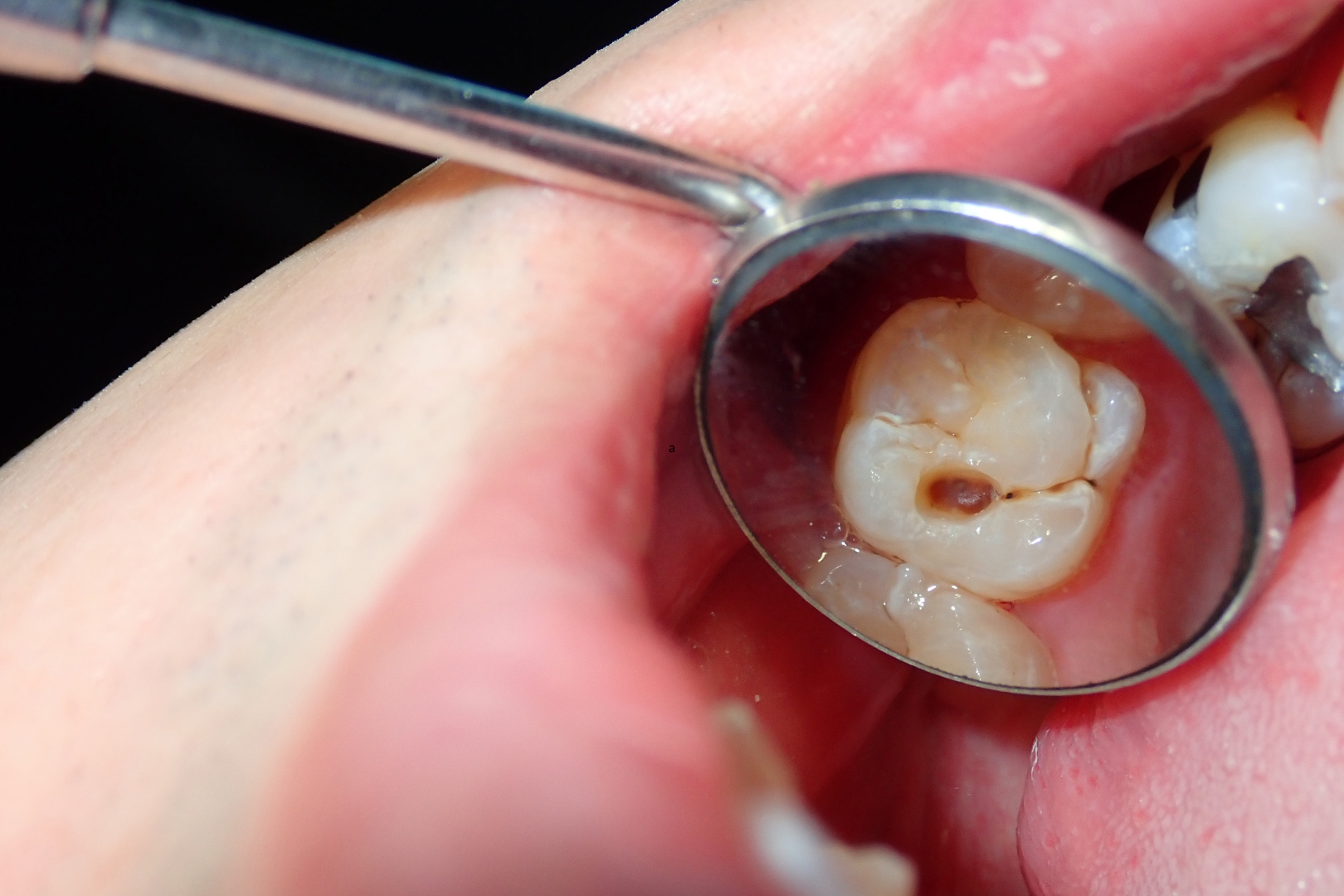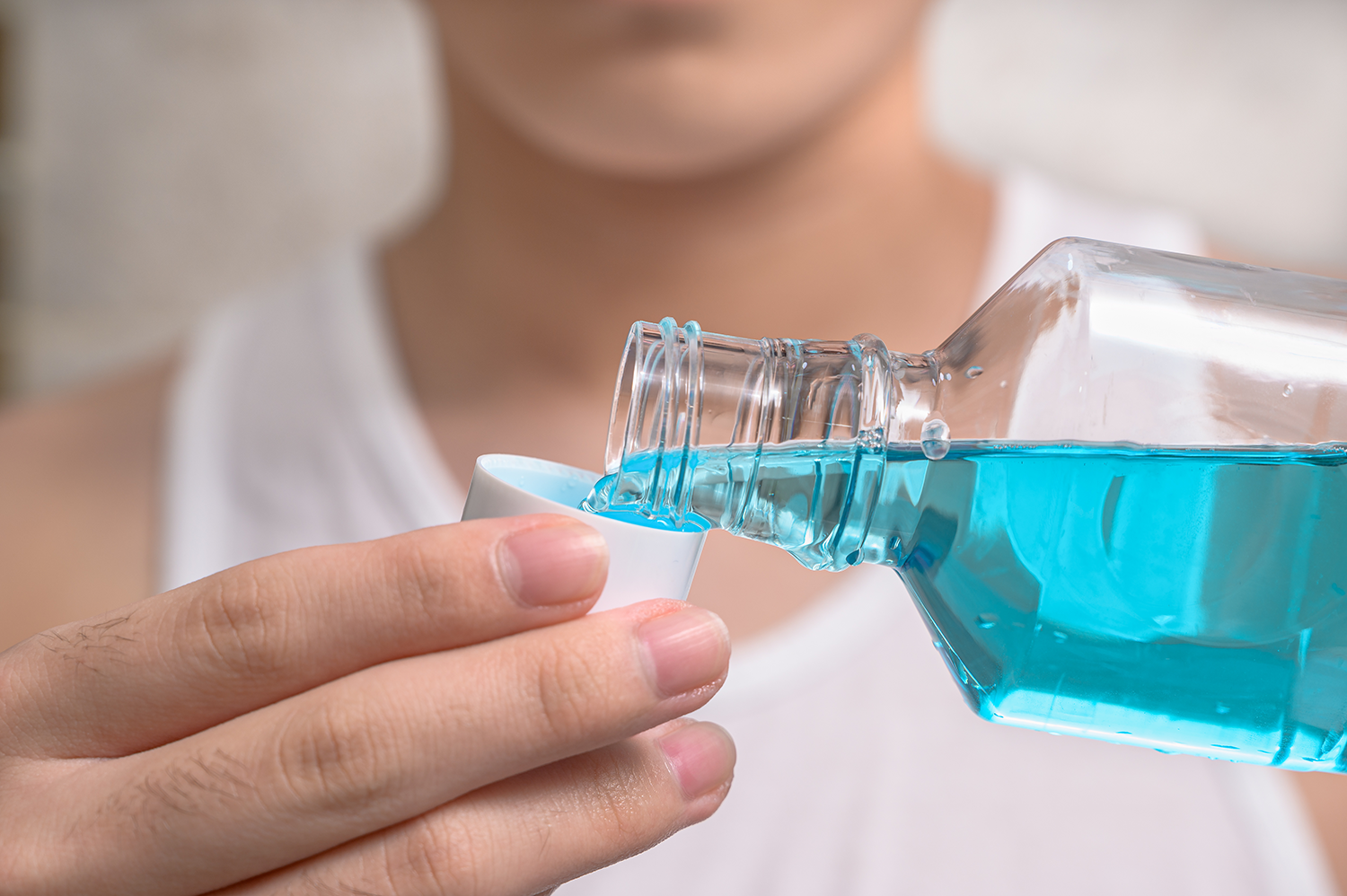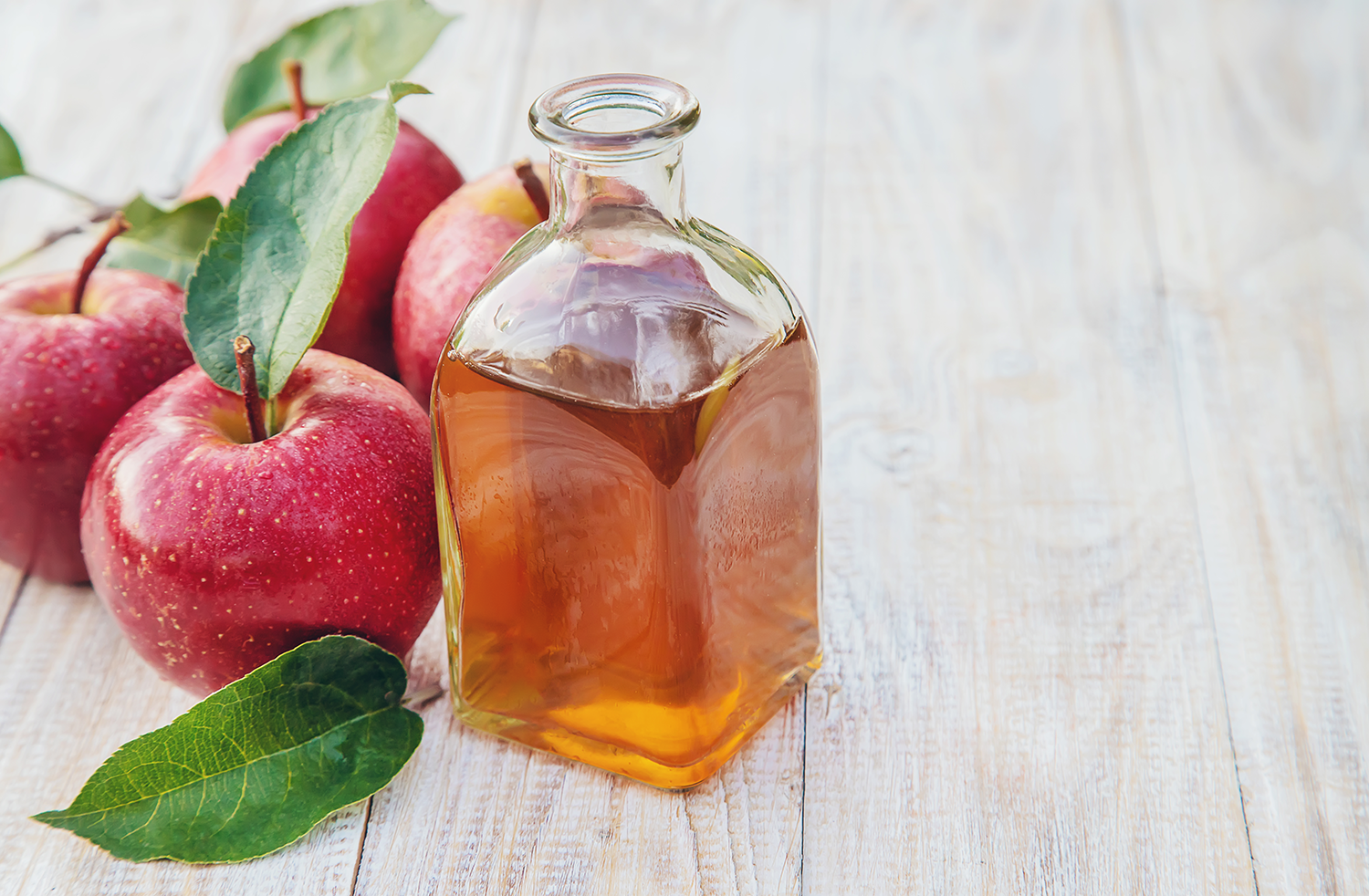Struggling with bad breath? You’re not alone.
-%20Why%20It%20Happens%20and%20How%20to%20Fix%20It_SP.png)
We all know that bad breath, or halitosis, can be downright embarrassing. That moment when people take a step back when you talk, or when you find yourself covering your mouth? We’ve all had bad breath at some point.
Here’s the thing though, according to the International Association for Halitosis Research (IAFHR), nearly 8% of the global population suffers from halitosis — that’s millions of people, so breathe easy (pun intended). You’re not alone, and you don’t have to suffer in silence.
Let’s dive into why bad breath happens and, more importantly, how you can kick it to the curb for good.
If bad breath is lingering despite your best efforts, there may be more to the story. Some causes go beyond what you eat and how well you brush — certain medical conditions can play a role. Let’s break it down.

Sometimes, bad breath isn’t just about what’s happening in your mouth — it can be a sign of an underlying health issue. Here are some common medical reasons:
Dry Mouth (Xerostomia)
Saliva plays a key role in washing away food particles and bacteria. When your mouth is dry—often due to dehydration, certain medications, or mouth breathing—odours can quickly build up.
Gum Disease and Cavities
Bacteria that settle in the gums or hide in untreated cavities can release foul-smelling gases. If bad breath sticks around, it might be a sign you’re due for a dental check-up.
Acid Reflux (GERD)
Stomach acids that travel up your throat can leave behind a sour taste and an unpleasant smell, especially after eating or lying down.
Sinus and Throat Infections
Post-nasal drip, sinus congestion, or throat infections can introduce odour-causing bacteria and contribute to persistent bad breath.
Underlying Health Issues
Certain medical conditions—like diabetes, liver issues, or kidney disease—can affect the smell of your breath in specific, noticeable ways.

Even if there’s no medical reason behind your bad breath, daily habits could be making things worse. The foods you eat, how well you care for your teeth, and even how much water you drink all play a role. Here’s how everyday habits can contribute:
Strong-Smelling Foods
Garlic, onions, and spicy dishes can linger in your system, causing odours that stick around long after the meal is over.
Poor Oral Hygiene
When brushing and flossing are skipped, food particles and bacteria build up—leading to plaque, decay, and unpleasant breath.
Smoking and Tobacco Use
Tobacco leaves a persistent smell, dries out your mouth, and increases the risk of gum disease—all of which contribute to bad breath.
Dry Mouth from Dehydration
Without enough water, your mouth produces less saliva—your natural defence against odour-causing bacteria.
Excess Coffee and Alcohol
Both can dry out your mouth and create a breeding ground for bacteria that cause bad breath.

Thankfully, bad breath isn’t a life sentence. With a few small changes, you’ll be feeling fresher and more confident in no time. Here are 6 easy habits to try:
1. Step up your oral hygiene
Brush twice daily, floss every day, and don’t forget your tongue — it’s a hotspot for bacteria that cause bad breath.
2. Replace your toothbrush regularly
Old brushes harbour bacteria and clean less effectively. Swap yours every three months to keep things fresh.
3. Stay hydrated
Water helps rinse away food and bacteria while keeping your mouth moist — a simple way to beat bad breath and dry mouth.
4. Quit smoking
Smoking dries your mouth and leaves a lingering odour. Kick the habit for fresher breath (and a whole lot of other benefits).
5. Use antibacterial mouthwash
Choose a gentle, alcohol-free mouthwash to kill bacteria without drying your mouth out. Fresh, clean — not desert-dry.
6. Rethink your diet
Crunchy fruits and veggies can scrub your teeth and boost saliva. Probiotics support oral balance — but coffee and onions? Maybe go easy.

Want to get a little more DIY with it? These home remedies can help fight bad breath naturally, and they’re super easy to incorporate into your routine:
Apple Cider Vinegar Rinse
Mix a splash of apple cider vinegar with water and swish it around your mouth. It helps balance pH, reduce bacteria, and neutralise lingering odours—naturally.
Warm Salt Water Rinse
A classic go-to. Gargling with warm salt water kills bacteria, soothes sore gums or throats, and freshens your breath. Simple, effective, and budget-friendly.
Essential Oil Rinses
Add a few drops of clove, peppermint, or cinnamon oil to water for a natural mouthwash. It’s antibacterial, refreshing, and smells amazing—what’s not to love?
If you’ve tried everything and your bad breath still won’t go away, it’s time to call in the professionals.
A dentist can check for underlying issues like gum disease, cavities, or chronic dry mouth. If your oral health is in check but the problem persists, a doctor can help identify any internal causes.
At Smile Place Dental, we get it — bad breath is frustrating. Our team is here to help you get to the root of the problem and find a solution that works for you. Don’t let bad breath hold you back — fresh, confident breath is just an appointment away.
What’s the difference between bad breath and halitosis?
Bad breath is a general term for unpleasant mouth odours. Halitosis is the clinical term for persistent bad breath that doesn’t go away with regular brushing or mouthwash.
What causes chronic bad breath?
Common culprits include poor oral hygiene, gum disease, dry mouth, strong-smelling foods, and medical issues like acid reflux, diabetes, or sinus infections.
How can I prevent bad breath?
Brush and floss daily, clean your tongue, stay hydrated, and avoid smoking. Limiting odorous foods and scheduling regular dental check-ups also helps.
Can bad breath signal a serious health issue?
Yes. Ongoing bad breath can sometimes point to conditions like gum disease, diabetes, or problems with your liver or kidneys. It’s worth getting checked if it persists.
Do certain foods make bad breath worse?
Absolutely. Garlic, onions, and spicy meals contain sulfur compounds that stay in your system and show up in your breath.
Can mouthwash cure bad breath?
Not quite. It can mask odours short-term, but won’t fix the root cause. Choose antibacterial or natural rinses for longer-lasting freshness.
Should I see a dentist or doctor for bad breath?
Start with your dentist to rule out oral causes. If nothing dental shows up, they may refer you to a doctor to investigate other health-related factors.